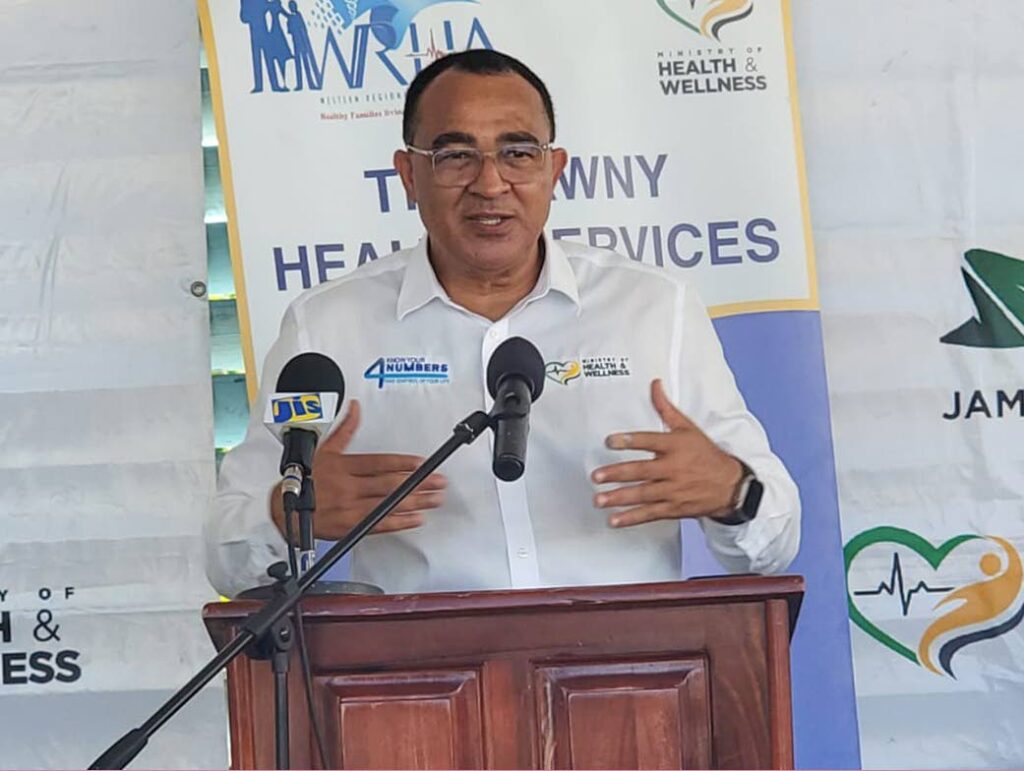Measles Surge: US States Battle Renewed Outbreaks Amidst Healthcare Protocol Shifts

Measles Surge: US States Battle Renewed Outbreaks Amidst Healthcare Protocol Shifts
The United States is facing a concerning resurgence of vaccine-preventable diseases, with measles outbreaks reported in nearly 35 states. This alarming trend coincides with evolving healthcare protocols surrounding the development and distribution of crucial vaccines. The situation highlights a potential vulnerability in public health infrastructure and raises critical questions about preventative measures and accessibility.
A Return of a Preventable Disease
Measles, once considered a disease largely eradicated thanks to widespread vaccination, is making a comeback. The highly contagious viral illness spreads rapidly through the air and can lead to serious complications, including pneumonia, encephalitis (brain swelling), and even death. The recent outbreaks are particularly worrying given the availability of a safe and effective MMR (measles, mumps, and rubella) vaccine.
Why the Resurgence?
Several factors contribute to this concerning trend. Decreasing vaccination rates, fueled by misinformation and vaccine hesitancy, are a primary driver. While the US has historically maintained high vaccination coverage, rates have been declining in recent years, leaving vulnerable populations exposed. Furthermore, changes in healthcare protocols—including adjustments to vaccine development timelines, distribution networks, and eligibility criteria—may be inadvertently contributing to the problem.
The Impact of Shifting Protocols
The evolving landscape of healthcare protocols plays a complex role. While intended to improve efficiency and address specific challenges, these shifts can sometimes create unintended consequences. For instance, delays in vaccine production or distribution can leave communities without protection during critical periods. Changes in eligibility criteria, while sometimes necessary, can also exclude certain populations from receiving vaccinations.
Beyond Measles: Other Vaccine-Preventable Diseases on the Rise
The measles outbreaks aren't isolated incidents. Health officials are also reporting increases in other vaccine-preventable diseases, such as whooping cough (pertussis). This broader trend underscores the importance of maintaining high vaccination rates across the board to protect the entire community.
What Can Be Done?
Addressing this public health crisis requires a multi-faceted approach:
- Promote Vaccination: Public health campaigns are needed to combat misinformation and encourage parents to vaccinate their children according to recommended schedules.
- Strengthen Healthcare Protocols: A thorough review of current healthcare protocols is essential to identify and address any unintended barriers to vaccine access and distribution.
- Improve Vaccine Accessibility: Ensuring that vaccines are readily available and affordable for all, regardless of socioeconomic status or geographic location, is crucial.
- Address Vaccine Hesitancy: Engage in respectful and evidence-based conversations with individuals who have concerns about vaccines.
The Bottom Line
The resurgence of vaccine-preventable diseases in the US is a stark reminder of the importance of public health vigilance. By addressing the root causes of declining vaccination rates and optimizing healthcare protocols, we can protect communities from preventable illnesses and safeguard the nation's health.





